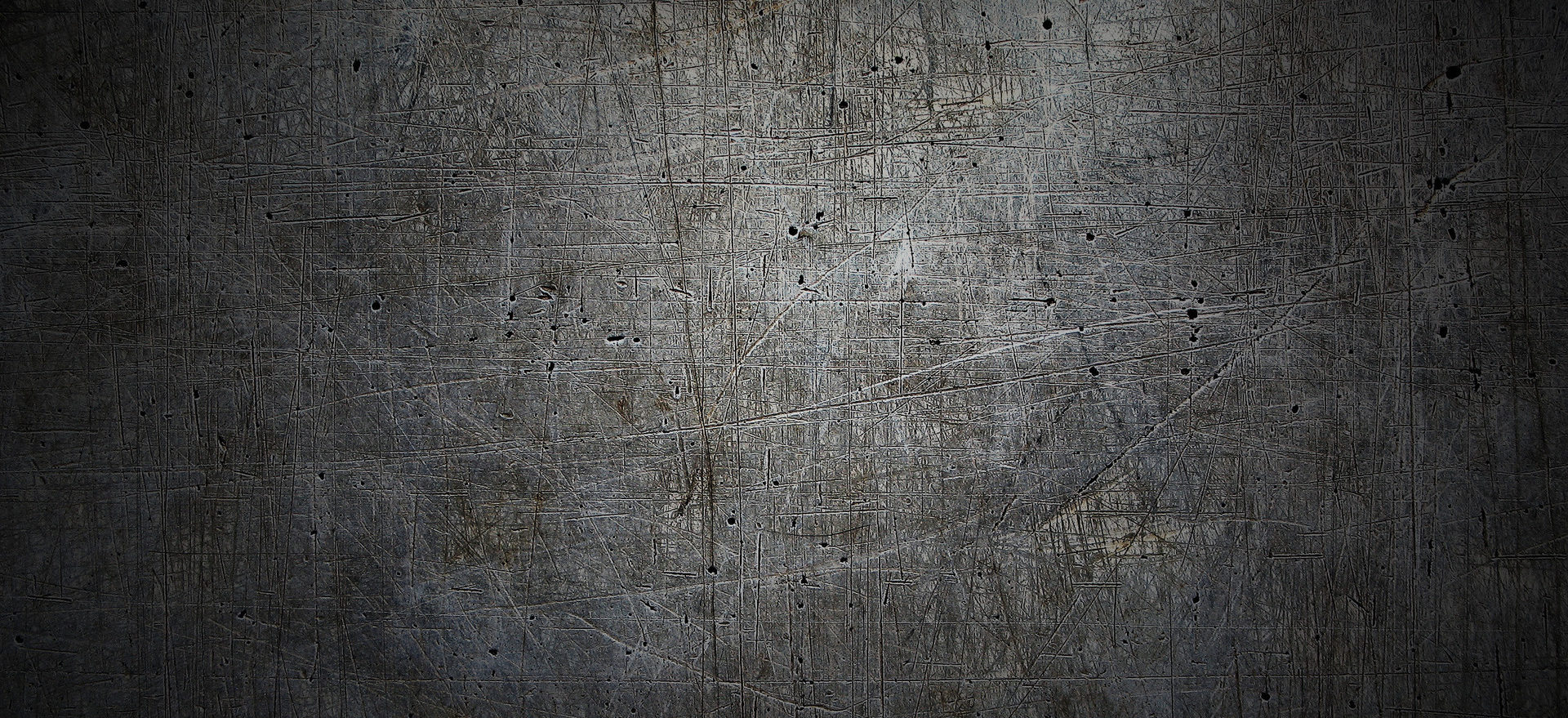这份信经以亚他那修(主后293-373年)的名字命名。亚他那修是早期教会中一位抵挡亚流异端,捍卫三位一体正统教义的勇士。尽管这份信经并非亚他那修本人所写,并且误以他的名字命名,但是今天继续沿用这个名字乃是因为一直到十七世纪人们普遍把这份信经归功与他。这份信经还有另一个名字,就是拉丁文本的第一个词,凡人欲得救(Quicunque)。信经作者不详,但目前的文本形式可追溯到不早于第六世纪。信经出于西方的拉丁教会,而非希腊教会,并且希腊教会至今没有认可这份信经。信经由两大部分组成,第一部分阐述了正统的三位一体教义(3-28节),第二部分主要处理道成肉身和基督神人二性的教义(29-43节)。尽管这份信经在神学上较使徒信经和尼西亚信经更为清楚详细,但在简洁、自然、庄重上却略逊一筹。数百年来,罗马教会和安立甘宗教会在一些某些庄重的公共敬拜场合会吟诵这份信经。
亚他那修信经
1 凡人欲得救,首先当持守大公教会信仰。2 此信仰,凡守之不全不正者,必永远沉沦。3 大公教会信仰即:我等敬拜一体三位,而三位一体之神。4 其位不紊,其体不分。5 父一位,子一位,圣灵亦一位。6 然而父子圣灵同一神性,同一荣耀,亦同一永恒之尊严。7 父如何,子如何,圣灵亦如何。8 父不受造,子不受造,圣灵亦不受造。9 父无限,子无限,圣灵亦无限。10 父永恒,子永恒,圣灵亦永恒。11 非三永恒者,乃一永恒者。12 亦非三不受造者,非三无限者,乃一不受造者,一无限者。13 如是,父全能,子全能,圣灵亦全能。14 然而,非三全能者,乃一全能者。15 如是,父是神,子是神,圣灵亦是神。16 然而,非三神,乃一神。17 如是,父是主,子是主,圣灵亦是主。18 然而,非三主,乃一主。19 依基督真道,我等不得不认三位均为神,均为主。20 依大公教,我等亦不得谓神有三,亦不得谓主有三。21 父非由谁作成:既非受造,亦非受生。22 子独由于父:非作成,亦非受造;而为受生。23 圣灵由于父与子:既非作成,亦非受造,亦非受生;而为发出。24 如是,有一父,非三父,有一子,非三子,有一圣灵,非三圣灵。25 且此三位无分先后,无别尊卑。26 三位乃均永恒,而同等。27 由是如前所言,我等当敬拜一体三位,而三位一体之神。28 所以凡欲得救者,必如是而思三位一体之神。
29 再者,为求得永恒救赎,彼亦必笃信我等之主耶稣基督成为人身。30 依真正信仰,我等信认神之子我等之主耶稣基督,为神,又为人。31 其为神,与圣父同体,受生于诸世界之先;其为人,与其母同体,诞生于此世界。32 全神,亦全人,具有理性之灵,血肉之身。33 依其为神,与父同等,依其为人,少逊于父。34 彼虽为神,亦为人,然非为二,乃为一基督。35 彼为一,非由于变神为血肉,乃由于使其人性进入于神。36 合为一;非由二性相混,乃由位格为一。37 如灵与身成为一人,神与人成为一基督。38 彼为救我等而受难,降至阴间,第三日从死复活。39 升天,坐于全能神父之右。40 将来必从彼处降临,审判活人死人。41 彼降临时,万人必具身体复活;42 并供认所行之事。43 行善者必入永生,作恶者必入永火。44 此乃大公教会信仰,人除非笃实相信,必不能得救。
This Creed is named after Athanasius (293-373 A.D.), the champion of orthodoxy over against Arian attacks upon the doctrine of the Trinity. Although Athanasius did not write this Creed and it is improperly named after him, the name persists because until the seventeenth century it was commonly ascribed to him. Another name for it is the Symbol Quicunque, this being its opening word in the Latin original. Its author is unknown, but in its present form it probably does not date back farther than the sixth century. It is not from Greek Eastern, but from Latin Western origin, and is not recognized by the Greek Church today. Apart from the opening and closing sentences, this symbol consists of two parts, the first setting forth the orthodox doctrine of the Trinity (3-28), and the second dealing chiefly with the incarnation and the two natures doctrine (29-43). This Creed, though more explicit and advanced theologically than the Apostles’ and the Nicene Creeds, cannot be said to possess the simplicity, spontaneity, and majesty of these. For centuries it has been the custom of the Roman and Anglican Churches to chant this Creed in public worship on certain solemn occasions.
The Athanasian Creed
(1) Whosoever will be saved, before all things it is necessary that he hold the catholic faith; (2) Which faith except every one do keep whole and undefiled, without doubt he shall perish everlastingly. (3) And the catholic faith is this: That we worship one God in Trinity, and Trinity in Unity; (4) Neither confounding the persons, nor dividing the substance. (5) For there is one Person of the Father, another of the Son and another of the Holy Spirit. (6) But the Godhead of the Father, of the Son, and of the Holy Spirit is all one, the glory equal, the majesty co-eternal. (7) Such as the Father is, such is the Son and such is the Holy Spirit. (8) The Father uncreate, the Son uncreate, and the Holy Spirit uncreate. (9) The Father incomprehensible, the Son incomprehensible, and the Holy Spirit incomprehensible. (10) The Father eternal, the Son eternal, and the Holy Spirit eternal. (11) And yet they are not three eternals, but one eternal. (12) As also there are not three uncreated nor three incomprehensibles, but one uncreated and one incomprehensible. (13) So likewise the Father is almighty, the Son almighty, and the Holy Spirit almighty; (14) And yet they are not three almighties, but one almighty. (15) So the Father is God, the Son is God, and the Holy Spirit is God; (16) And yet they are not three Gods, but one God. (17) So likewise the Father is Lord, the Son Lord, and the Holy Spirit Lord; (18) And yet they are not three Lords, but one Lord. (19) For like as we are compelled by the Christian verity to acknowledge every person by himself to be God and Lord; (20) so are we forbidden by the catholic religion to say: There are three Gods or three Lords. (21) The Father is made of none, neither created nor begotten. (22) The Son is of the Father alone; not made nor created, but begotten. (23) The Holy Spirit is of the Father and of the Son; neither made, nor created, nor begotten, but proceeding. (24) So there is one Father, not three Fathers; one Son, not three Sons; one Holy Spirit, not three Holy Spirits. (25) And in this Trinity none is afore, nor after another; none is greater, or less than another. (26) But the whole three persons are co-eternal, and co-equal. (27) So that in all things, as aforesaid, the Unity in Trinity and the Trinity in Unity is to be worshipped. (28) He therefore that will be saved must thus think of the Trinity.
(29) Furthermore it is necessary to everlasting salvation that he also believe rightly the incarnation of our Lord Jesus Christ. (30) For the right faith is that we believe and confess that our Lord Jesus Christ, the Son of God, is God and man. (31) God of the substance of the Father, begotten before the worlds; and man of the substance of His mother, born in the world. (32) Perfect God and perfect man, of a reasonable soul and human flesh subsisting. (33) Equal to the Father as touching His Godhead, and inferior to the Father as touching His manhood. (34) Who, although He is God and man, yet He is not two, but one Christ. (35) One, not by conversion of the Godhead into flesh, but by taking of the manhood into God. (36) One altogether, not by the confusion of substance, but by unity of person. (37) For as the reasonable soul and flesh is one man, so God and man is one Christ; (38) Who suffered for our salvation, descended into hell, rose again the third day from the dead; (39) He ascended into heaven, He sitteth on the right hand of the Father, God Almighty; (40) From thence He shall come to judge the living and the dead. (41) At whose coming all men shall rise again with their bodies; (42) And shall give account of their own works. (43) And they that have done good shall go into life everlasting, and they that have done evil into everlasting fire. (44) This is the catholic faith, which except a man believe faithfully, he cannot be saved.
